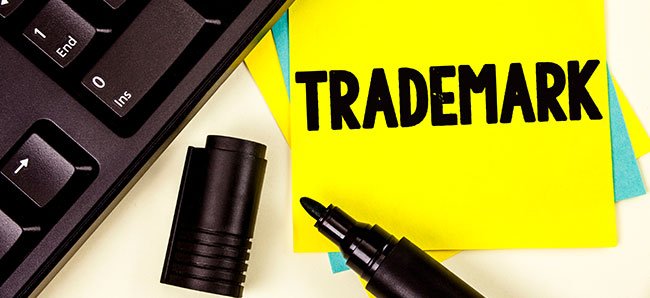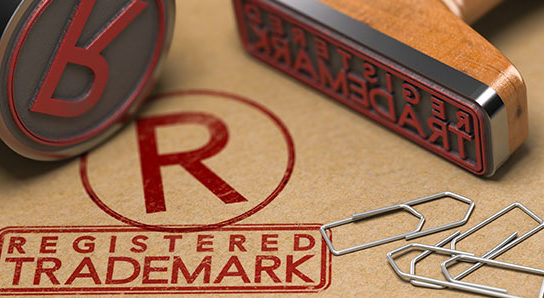New Supreme Court Ruling Is A Victory For Dot-Com.
The US Supreme Court just ruled that ‘Booking.com’ can be federally trademarked. The USPTO had rejected the mark ‘Booking.com’ as being a generic term for travel reservation with a simple dot-com attached at the end. A generic trademark is a mark that has become generic and synonymous with a general class of goods or services due to the mark’s popularity. Well-known instances of this are: aspirin, dry ice, escalator, trampoline, and videotape. Each of these marks were federally registered, but lost their legal protection due to being genericized, or becoming the common name of the respective goods/services. Companies have to police their trademark rights in order to ensure they do not become generic, which is why if you’ve ever been a restaurant and ordered a ‘Coke,” and they say, we only have “Pepsi.” Coca-Cola ensures that ‘Coke’ doesn’t just become a generic term for soft drinks by policing the use of their mark.
This is a big decision in the internet age. It has opened the door for potentially so many trademarks that on their own may be generic, but with the addition of dot-com, they are no longer generic and instead refer directly to the website itself. It makes since. Adding dot-com to something does change its meaning, and that is just what the Supreme Court said. As Justice Ginsburg said in the majority opinion, “Thus, if ‘Booking.com’ were generic, we might expect consumers to understand Travelocity—another such service—to be a ‘Booking.com.”
Trademarks are simply used to distinguish between different goods/services. As such, ‘Booking.com’ is known to consumers that it refers to the specific website of ‘Booking.com’ and not just any website that has booking services. Simply put, “Because ‘Booking.com’ is not a generic name to consumers, it is not generic,” Ginsburg wrote.
This does open the door to some interesting potential cases in the future. The USPTO and others argued to the Supreme Court that allowing such a registration could imperil other travel businesses that use the word ‘booking’ in their own domain names. However, that is not necessarily the case because even though ‘Booking.com’ has been federally registered, it is largely descriptive, meaning the protection for it is less than unique names that are trademarked. Even a simple search on the USPTO trademark search shows a registered trademark for ‘FISH & HUNT BOOKING.COM,’ showing that there may still be other marks containing ‘booking.com’ in them. It will be interesting to see applications for marks in the future that contain ‘booking.com’ and how they are treated.
(As a side note, this case was the first remote oral argument before the Supreme Court.)
Do you want to talk to an IP Attorney about your trademark? Visit: https://www.l4sb.com/services/?_sft_service-categories=intellectual-propertytrademark-consultation/ and sign up for a one- on- one consultation with a Trademark Attorney. Or, Contact Law 4 Small Business today for any of your other Intellectual Property concerns.



